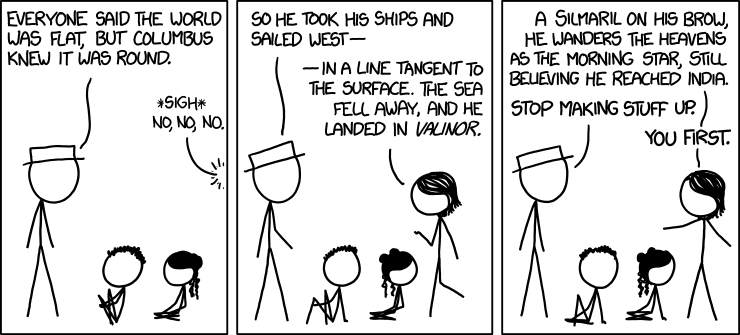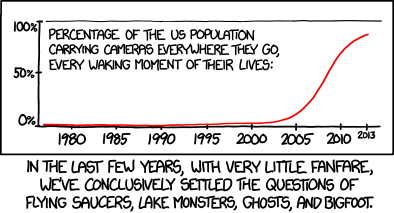by Stephanie Carvin
[Stephanie Carvin is an Adjunct Professor at the University of Ottawa Graduate School of Public and International Affairs. She is the author of "Prisoners of America's Wars: From the Early Republic to Guantanamo" (Hurst/Columbia 2010) and co-author of the forthcoming "Between Annihilation and Restraint: Law, Science Liberalism and the American Way of Warfare" (Cambridge University Press) with MJ Williams.]
I have a number of concerns over the Syrian intervention debate as it has played out over the last two weeks. First, there seems to be a very real and frequent conflation over US goals in Syria. The proposed use of military strikes (the plan which seems to be on the table) is not about bringing peace to the war-torn country. Rather, it is about punishment for the use of chemical weapons and to deter their future use. This is a key point to keep in mind as there is a huge and significant difference between the two in terms of politics, law and strategy. While peace may be the overall preferred goal, punitive strikes that may hinder the Assad regime from further use of chemical weapons seems is a far less ambitious and more realistic goal.
This relates to a second concern, related to the constant refrain: why intervention *now* after 100,000 people have already died in over two years of fighting. Quite simply, chemical weapons are a game changer. While no one is disputing the idea that conventional arms are capable of incredible damage, they may be used discriminately if armed forces choose to do so. (And, of course – as is well established, where they have not, individuals may be held accountable for their actions.)
Chemical weapons on the other hand are entirely indiscriminate. It is simply not possible, particularly in an urban environment like the suburbs of Damascus, to use them in a way that is by any standard legal. Further, the risk that the Syrian battlefield may turn into one where chemical weapons in a region that is already incredibly unstable from sectarian rivalries, the fallout of the Arab Spring and, yes, the 2003 intervention in Iraq, raises very real security concerns. Is having open chemical warfare in the Middle East something the world can conceivably tolerate from a security perspective? For many governments, the thought of a battlefield where chemical warfare becomes a regular occurrence is just too practically awful to ignore.
Both of these points are related to a third over-arching concern, namely that the debate over intervention in Syria, particularly (but not solely) within academic circles, seems to be one focused on enforcing norms for norms sake (“norm enforcement affirmation”) and questions over international law that are rather removed from the situation on the ground.
Indeed, I have a serious concern that some are replacing what should be a political discussion about consequences of intervention with one about legal ‘tick-boxing”. To crudely paraphrase: if 15 men sitting around a table in New York say it is okay to strike, then somehow it is fine. If 15 men do not, then it’s not okay. This seems to be an incredibly poor way to decide how to respond to the attack. Rather than seeing who signed what convention and what “norm” is law, isn’t it better to simply think through the ramifications of an intervention/strikes?
The deeper issue here is why is it that so many of us are willing to answer the question of intervention by seeking a false certainty in law? Why are we willing to let the treaties make our minds up for us, rather than engaging in practical judgment over the issue. Maybe it helps scholars and politicians to lay in their beds at night, happy with their legal-scientific conclusions. But they should, in reality, be seeking the uncertainty of debate.
I firmly believe that discussing and pondering the legal dimensions gives us a framework for thinking about military action. However, my concern is that this is not sufficient. That thinking through whether or not this is case of R2P, reprisals, humanitarian intervention, etc, is not particularly suited to the very practical and real issues resulting from the active and aggressive use of chemical agents. And what the effects of any form of intervention might be on the conflict.
Outside of law, I think a better argument against a US military strike is that it very well may not work – that is the real issue to be wrestled with. International Crisis Group has prepared a very useful brief on the consequences of intervening here. And, as they wisely note in their post:
Debate over a possible strike – its wisdom, preferred scope and legitimacy in the absence of UN Security Council approval – has obscured and distracted from what ought to be the overriding international preoccupation: how to revitalise the search for a political settlement. Discussions about its legality aside, any contemplated military action should be judged based on whether it advances that goal or further postpones it.
Indeed. The stream of legal pontification by individuals far removed from the situation, who do not have any kind of accountability, seems to miss the point of the debate entirely. We are derelict in our discussion.
Those with concern for global governance and the international rule of law need should think about how law can help support a peace agreement, international or national trial and requirements/aid for the no-doubt lengthy and painful rebuilding process that a post-conflict and likely unstable Syria will need for years to come.
So tell me, how many warheads can dance on the tip of a pin?
















 Editor's note: This post was originally published by our partners at
Editor's note: This post was originally published by our partners at 















